Tips to Protect Your AC During a Hurricane or Severe Storm
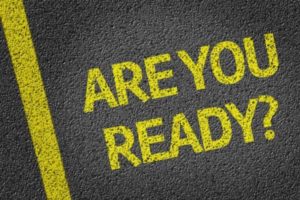 Typically a majority of the damage to your air conditioning system will be outside at the condensing unit. Water damage, wind damage, electrical damage all can occur during a severe storm. 1. Make sure the condensing unit is secured to base/concrete pad or stand.
Typically a majority of the damage to your air conditioning system will be outside at the condensing unit. Water damage, wind damage, electrical damage all can occur during a severe storm. 1. Make sure the condensing unit is secured to base/concrete pad or stand. With all new air conditioning system installs in Florida - it is required that the condensing unit is secured to a hurricane pad or hurricane rated aluminum stand. The condensing unit is secured with hurricane straps to prevent the unit from moving or shifting.
If you find that after the storm you notice the condensing unit ( outside unit ) has shifted, there may be potential damage. The copper refrigerant lines that connect the unit the air handler may be kinked or restricted.
If this is the case, do not start up the ac system. It is possible that the system has a Freon/refrigerant leak or is too restricted to operate properly.
Operation the system in this condition could cause additional damage. Call Air Zero a professional Largo air conditioning company to assess the situation.
2. Protect your AC equipment with a surge protector.Air Zero feels all air conditioning equipment should have a surge protector. Even the everyday summer storms in Florida can be pretty extreme.
Why wouldn't you have an electrical surge protector on one of the most expensive appliances in your house? You don't think twice about buying a surge protector for your computer or other electronics.
Many surge protector manufacturers actually will guarantee the protection of your ac equipment- if damage occurs, they will cover the cost of the damage up to a certain dollar amount if registered. Surge protectors " take the hit " electrically. They are designed to fail by design to protect the circuit or your system.
3. Have a time delay relay installedA time delay relay helps protect the air conditioning unit if the power flickers on and off. This simple relay is connected in the control circuit typically in the condensing unit.
If the unit is operating and the electricity flickers it keeps the unit off for 5 minutes or more. This allows the system pressures to equalize to eliminate stress on the system and enable it to start up normally. If you have a digital thermostat, there may be a time delay already programmed into it as an additional safety feature.
4. Cover the condensing unit.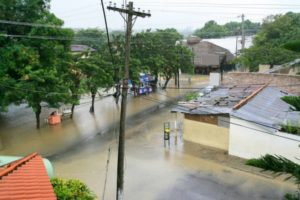 O.K. if you know for certain a hurricane is imminent. You can cover the condensing unit in plywood or protect in some other manner.
O.K. if you know for certain a hurricane is imminent. You can cover the condensing unit in plywood or protect in some other manner. Covering can physically safeguard the unit from damage. If you do decide to cover - The system can not be turned on. The protection you installed is a restriction to airflow that is required for normal operation of the A/C unit. If the airflow is restricted when in operation other damage can occur.
5. Shut the air conditioner off during the storm.You don't want to hear this one. It would be ideal to actually to shut the entire system off during a hurricane. If power is partially lost or an electrical brown out occurs ( low voltage condition ).
It can be very damaging to the system. Certain items in your house require 208/230 volts to operate. Your electric stove, electric water heater, and your central air conditioning system are the most common.
If you notice that only certain 115v outlets are working in the house- there is a good chance that you have lost a leg of power to the home.
This can cause damage to your system because it doesn't have the full power required to operate the system normally. It can cause damage to circuit boards, compressor, etc.
Checklist For After the Storm Blows Through
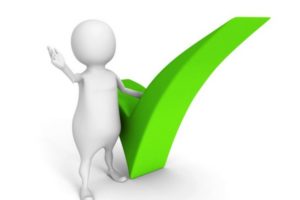 Before you turn on the HVAC System after the storm, Inspect and look for anything that may be an issue before start up.
Before you turn on the HVAC System after the storm, Inspect and look for anything that may be an issue before start up.1. If the ac unit was covered to protect - remove. Also, remove any debris that may have accumulated around the condenser coil to allow for normal air flow. 2. Inspect for damage. Look for any exposed wiring or visible signs of damage. Are the refrigerant line O.K. Was the condenser in water at any point? If so, we recommend not turning on the air conditioner. Call a professional air conditioning contractor to inspect 3. Once the system is turned on, confirm airflow from supply vents. If no air flow is felt, there may be an issue with the blower motor. Shut unit off & call for repair service.
Air Zero serves the Pinellas County area of Florida. If you are having air conditioning problems, we are here to help. Contact us online or give us a call at 727-392-6111 .
Subscribe to Air Zero's Blog



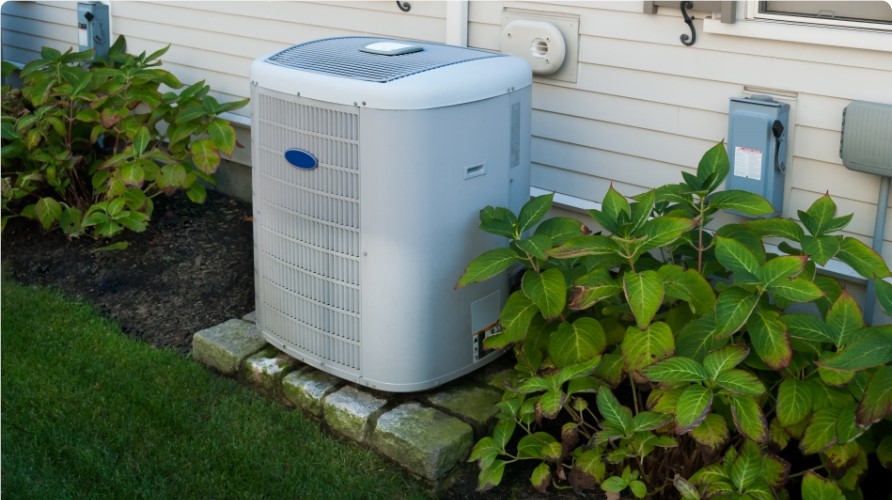
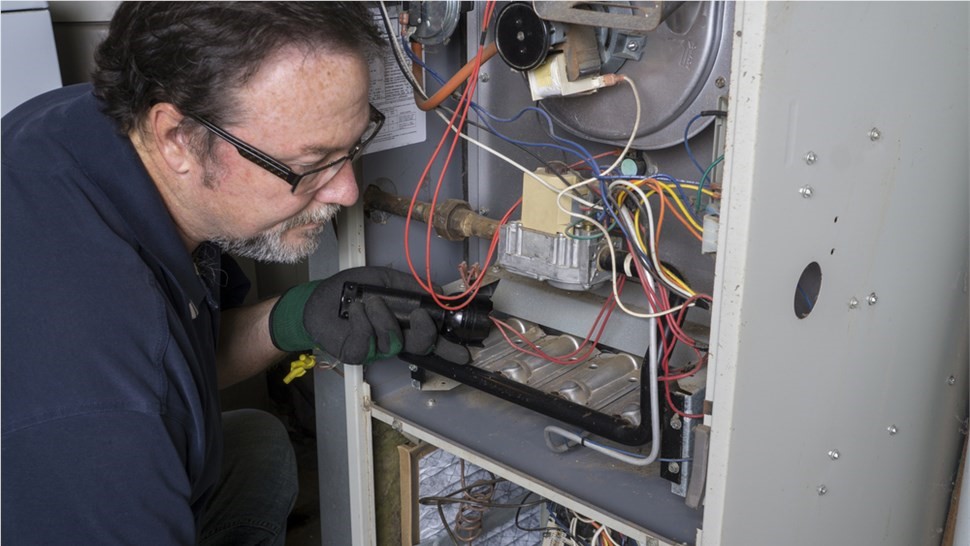
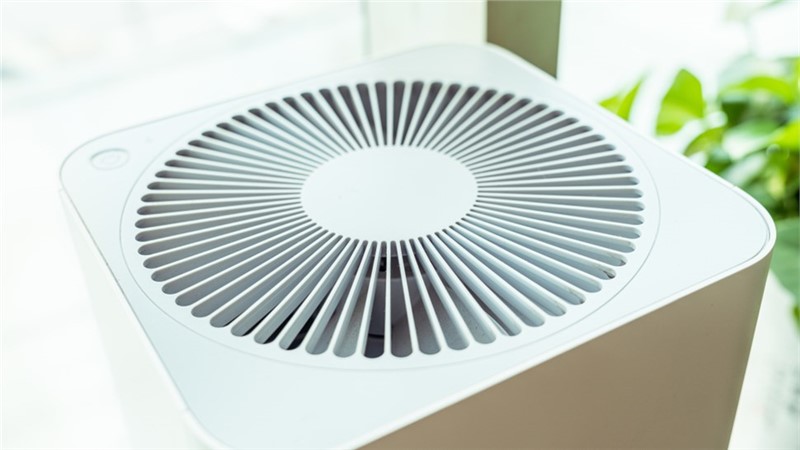
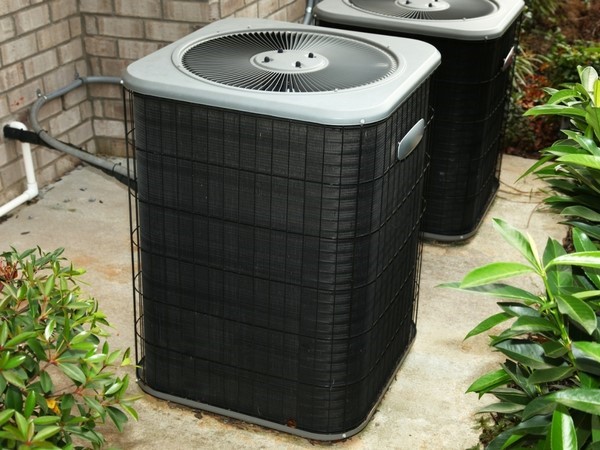
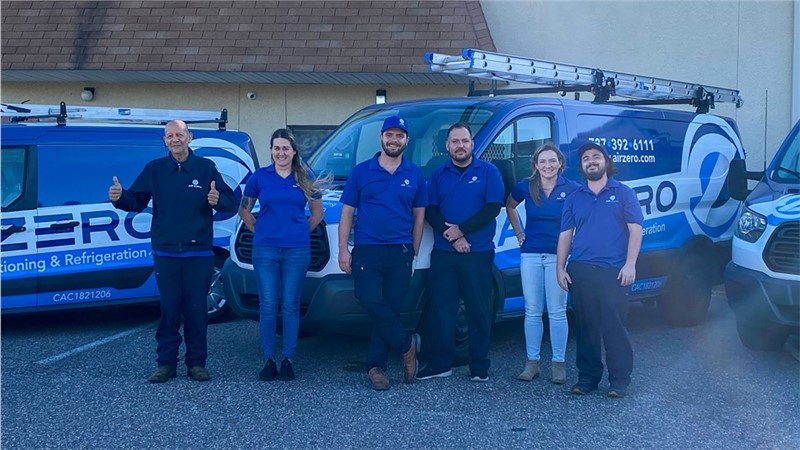

Comments